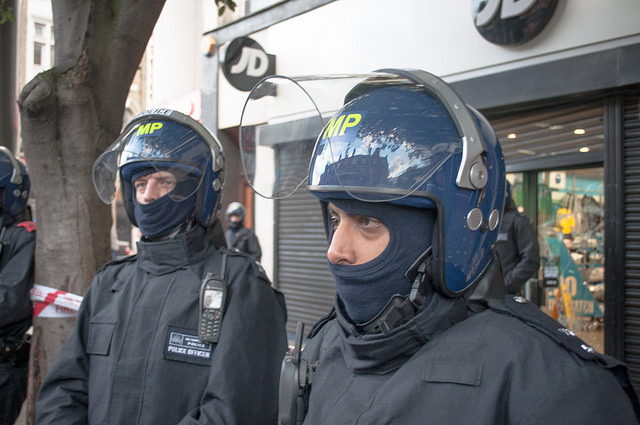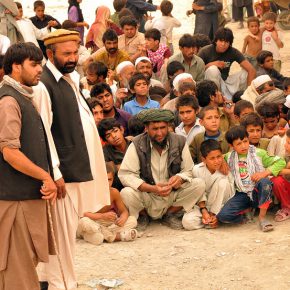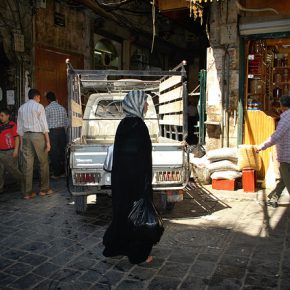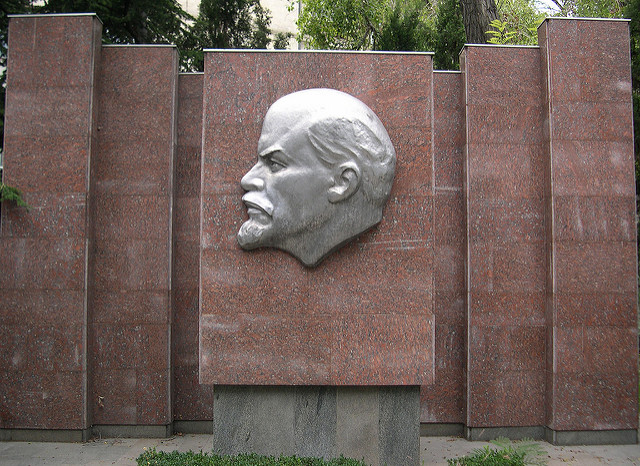A town, such as London, where a man may wander for hours together without reaching the beginning of the end, without meeting the slightest hint which could lead to the inference that there is open country within reach, is a strange thing.
This colossal centralisation, this heaping together of two and a half millions of human beings at one point, has multiplied the power of this two and a half millions a hundredfold; has raised London to the commercial capital of the world, created the giant docks and assembled the thousand vessels that continually cover the Thames. I know nothing more imposing than the view which the Thames offers during the ascent from the sea to London Bridge.
The masses of buildings, the wharves on both sides, especially from Woolwich upwards, the countless ships along both shores, crowding ever closer and closer together, until, at last, only a narrow passage remains in the middle of the river, a passage through which hundreds of steamers shoot by one another; all this is so vast, so impressive, that a man cannot collect himself, but is lost in the marvel of England’s greatness before he sets foot upon English soil.
But the sacrifices which all this has cost become apparent later. After roaming the streets of the capital a day or two, making headway with difficulty through the human turmoil and the endless lines of vehicles, after visiting the slums of the metropolis, one realises for the first time that these Londoners have been forced to sacrifice the best qualities of their human nature, to bring to pass all the marvels of civilisation which crowd their city; that a hundred powers which slumbered within them have remained inactive, have been suppressed in order that a few might be developed more fully and multiply through union with those of others.
The very turmoil of the streets has something repulsive, something against which human nature rebels. The hundreds of thousands of all classes and ranks crowding past each other, are they not all human beings with the same qualities and powers, and with the same interest in being happy? And have they not, in the end, to seek happiness in the same way, by the same means? And still they crowd by one another as though they had nothing in common, nothing to do with one another, and their only agreement is the tacit one, that each keep to his own side of the pavement, so as not to delay the opposing streams of the crowd, while it occurs to no man to honour another with so much as a glance.

The brutal indifference, the unfeeling isolation of each in his private interest becomes the more repellant and offensive, the more these individuals are crowded together, within a limited space. And, however much one may be aware that this isolation of the individual, this narrow self-seeking is the fundamental principle of our society everywhere, it is nowhere so shamelessly barefaced, so self-conscious as just here in the crowding of the great city. The dissolution of mankind into monads, of which each one has a separate principle, the world of atoms, is here carried out to its utmost extreme.
Hence it comes, too, that the social war, the war of each against all, is here openly declared. Just as in Stirner’s recent book, people regard each other only as useful objects; each exploits the other, and the end of it all is, that the stronger treads the weaker under foot, and that the powerful few, the capitalists, seize everything for themselves, while to the weak many, the poor, scarcely a bare existence remains.
What is true of London, is true of Manchester, Birmingham, Leeds, is true of all great towns. Everywhere barbarous indifference, hard egotism on one hand, and nameless misery on the other, everywhere social warfare, every man’s house in a state of siege, everywhere reciprocal plundering under the protection of the law, and all so shameless, so openly avowed that one shrinks before the consequences of our social state as they manifest themselves here undisguised, and can only wonder that the whole crazy fabric still hangs together.
Since capital, the direct or indirect control of the means of subsistence and production, is the weapon with which this social warfare is carried on, it is clear that all the disadvantages of such a state must fall upon the poor. For him no man has the slightest concern. Cast into the whirlpool, he must struggle through as well as he can. If he is so happy as to find work, i.e., if the bourgeoisie does him the favour to enrich itself by means of him, wages await him which scarcely suffice to keep body and soul together; if he can get no work he may steal, if he is not afraid of the police, or starve, in which case the police will take care that he does so in a quiet and inoffensive manner.

During my residence in England, at least twenty or thirty persons have died of simple starvation under the most revolting circumstances, and a jury has rarely been found possessed of the courage to speak the plain truth in the matter. Let the testimony of the witnesses be never so clear and unequivocal, the bourgeoisie, from which the jury is selected, always finds some backdoor through which to escape the frightful verdict, death from starvation.
The bourgeoisie dare not speak the truth in these cases, for it would speak its own condemnation. But indirectly, far more than directly, many have died of starvation, where long-continued want of proper nourishment has called forth fatal illness, when it has produced such debility that causes which might otherwise have remained inoperative, brought on severe illness and death. The English working-men call this “social murder,” and accuse our whole society of perpetrating this crime perpetually. Are they wrong?
Adapted from The Condition of the Working-Class in England in 1844, by Friedrich Engels. Published under a Creative Commons license. Photographs courtesy of Joel Schalit.





